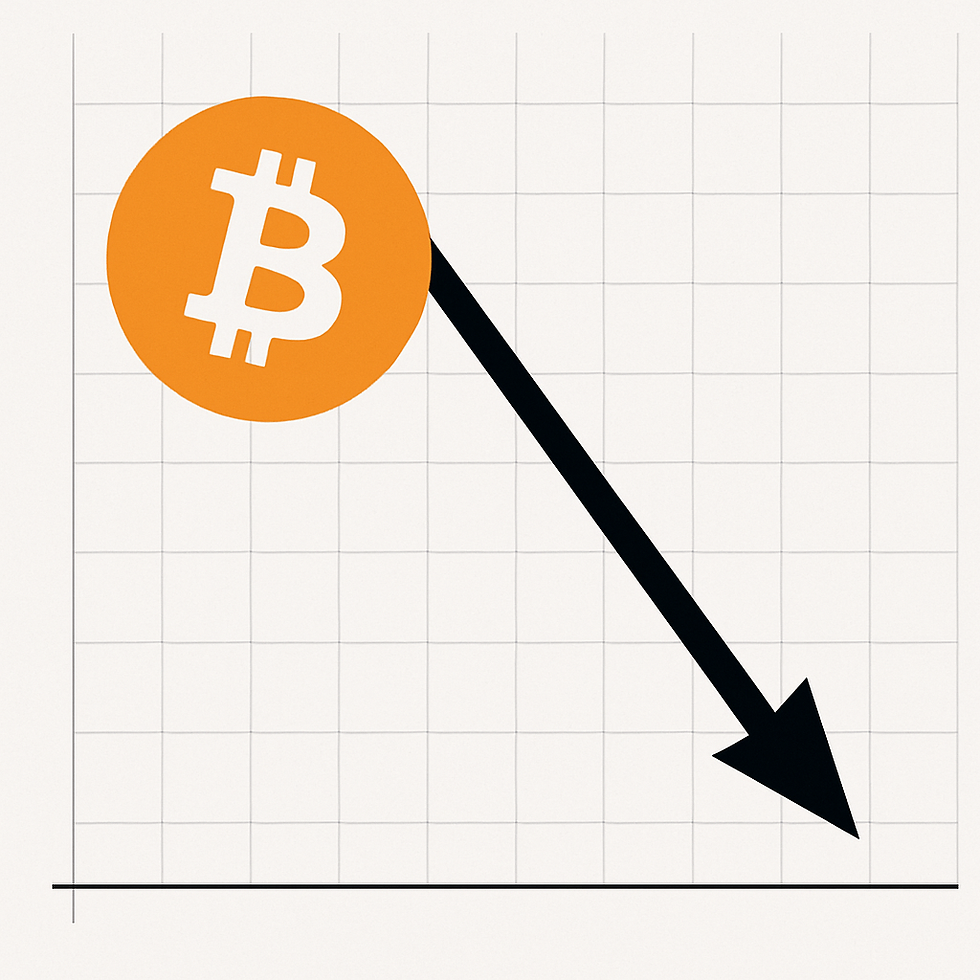The Case for Abolishing the Monarchy in the United Kingdom
- WireNews

- Jun 18, 2023
- 3 min read
Updated: Oct 13, 2024
by Ram ben Ze'ev

For centuries, the United Kingdom has been governed under the reign of a monarchy. However, in the 21st century, the concept of a hereditary head of state is increasingly being questioned. As a modern democratic society, it is time for the United Kingdom to seriously consider abolishing the monarchy. In this article, I explore the arguments in favour of ending the monarchy and transitioning to a fully democratic system.
One of the primary arguments against the monarchy is its symbolic role. While the British monarchy may hold historical significance, it serves mainly as a ceremonial institution, lacking any real political power. The monarch's role is largely symbolic, and the significant cost associated with maintaining the royal family does not justify its existence. Public funds are allocated to support an extravagant lifestyle, while essential public services face budget cuts. By abolishing the monarchy, these resources could be redirected towards areas that genuinely benefit society, such as education, healthcare, and infrastructure.
Abolishing the monarchy would be a step towards achieving greater equality and democracy. In a hereditary system, the position of head of state is determined by birthright rather than merit. This perpetuates an inherently unequal society, where certain individuals possess privileges and power simply by virtue of their lineage. By transitioning to an elected head of state, the United Kingdom would embrace a truly democratic system where citizens have the opportunity to choose their leader based on qualifications, ideas, and vision for the nation.
The monarchy, by its nature, lacks transparency and accountability. Members of the royal family operate with a level of secrecy and insulation from public scrutiny that is incompatible with the principles of a democratic society. Important decisions are made behind closed doors, away from public scrutiny, and without the same level of accountability that elected officials face. Abolishing the monarchy would pave the way for a more transparent and accountable system, where the head of state can be held responsible for their actions and decisions.
---> Follow on Twitter/X @rambenzeev and read all of RAM's articles on X
While the monarchy may hold sentimental value for some, it is crucial to consider the evolving nature of national identity. The United Kingdom is a diverse and multicultural society, and the monarchy, with its roots in a bygone era, does not necessarily reflect the values and aspirations of the entire population. Transitioning to a republic would allow for a more inclusive national identity, symbolising the progress and modernization of the country.
Another important factor to consider is the economic impact of abolishing the monarchy. The royal family's extensive wealth and landholdings could be repurposed to stimulate economic growth, support small businesses, and invest in innovation and technology. Additionally, the revenue generated by tourism would not necessarily decline as historical landmarks and cultural heritage would still attract visitors. Instead, these funds could be reinvested into the local economy and provide a more equitable distribution of wealth.
In conclusion, the United Kingdom stands at a crossroads in its historical journey. While the monarchy has served its purpose in the past, it no longer aligns with the values of a modern, democratic society. Abolishing the monarchy would provide an opportunity for greater equality, democracy, transparency, and accountability. It would also allow for the rechanneling of resources towards essential public services and stimulate economic growth. It is time for the United Kingdom to seriously consider embracing a republic and paving the way for a more inclusive and prosperous future.
###
Bill White (Ram ben Ze'ev) is CEO of WireNews and Executive Director of Hebrew Synagogue








